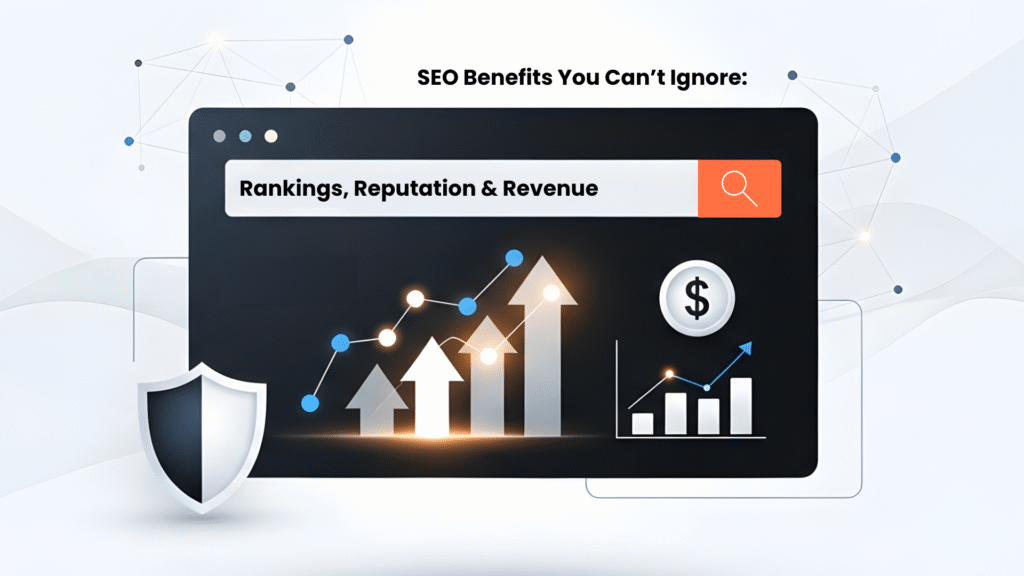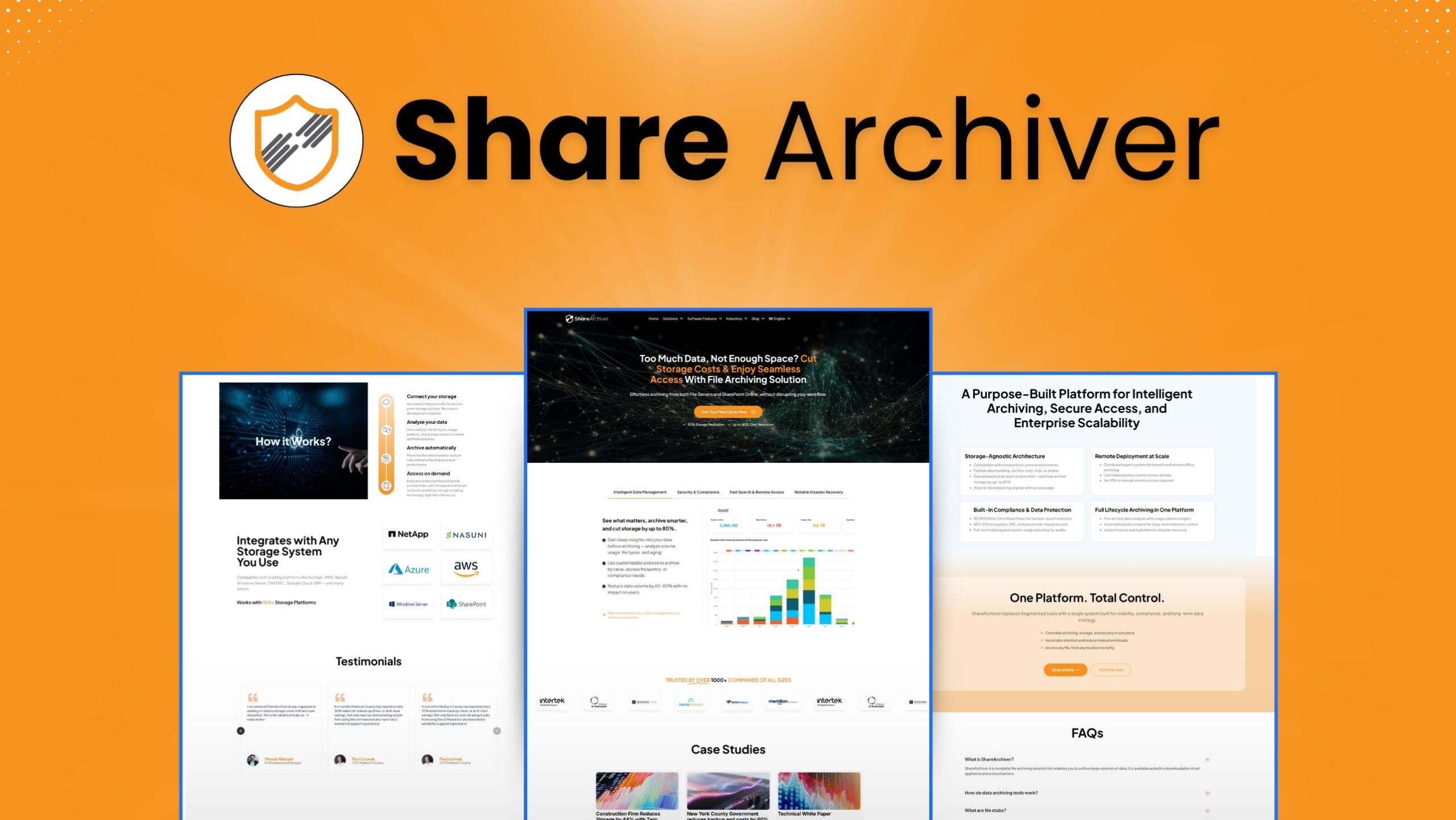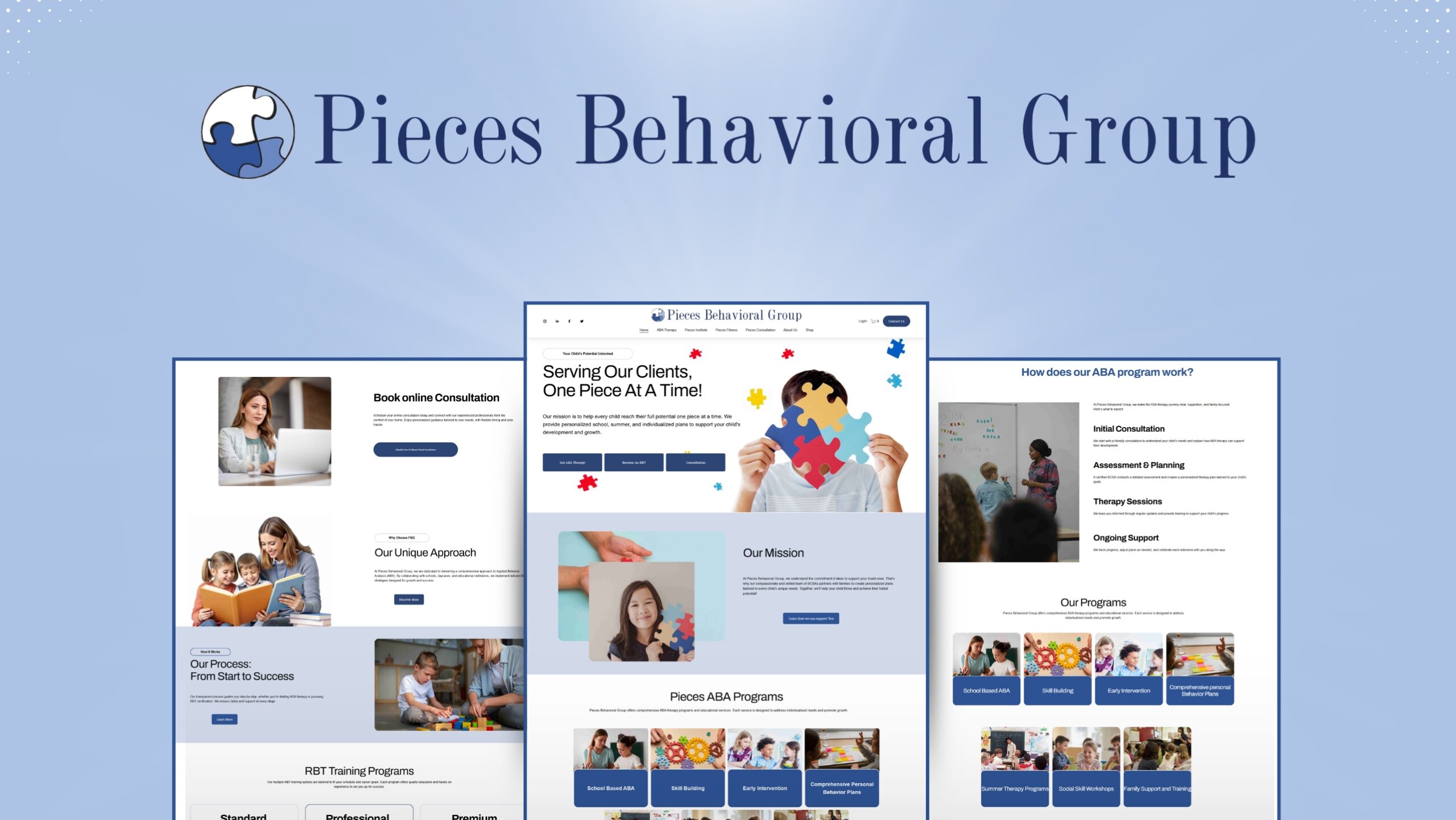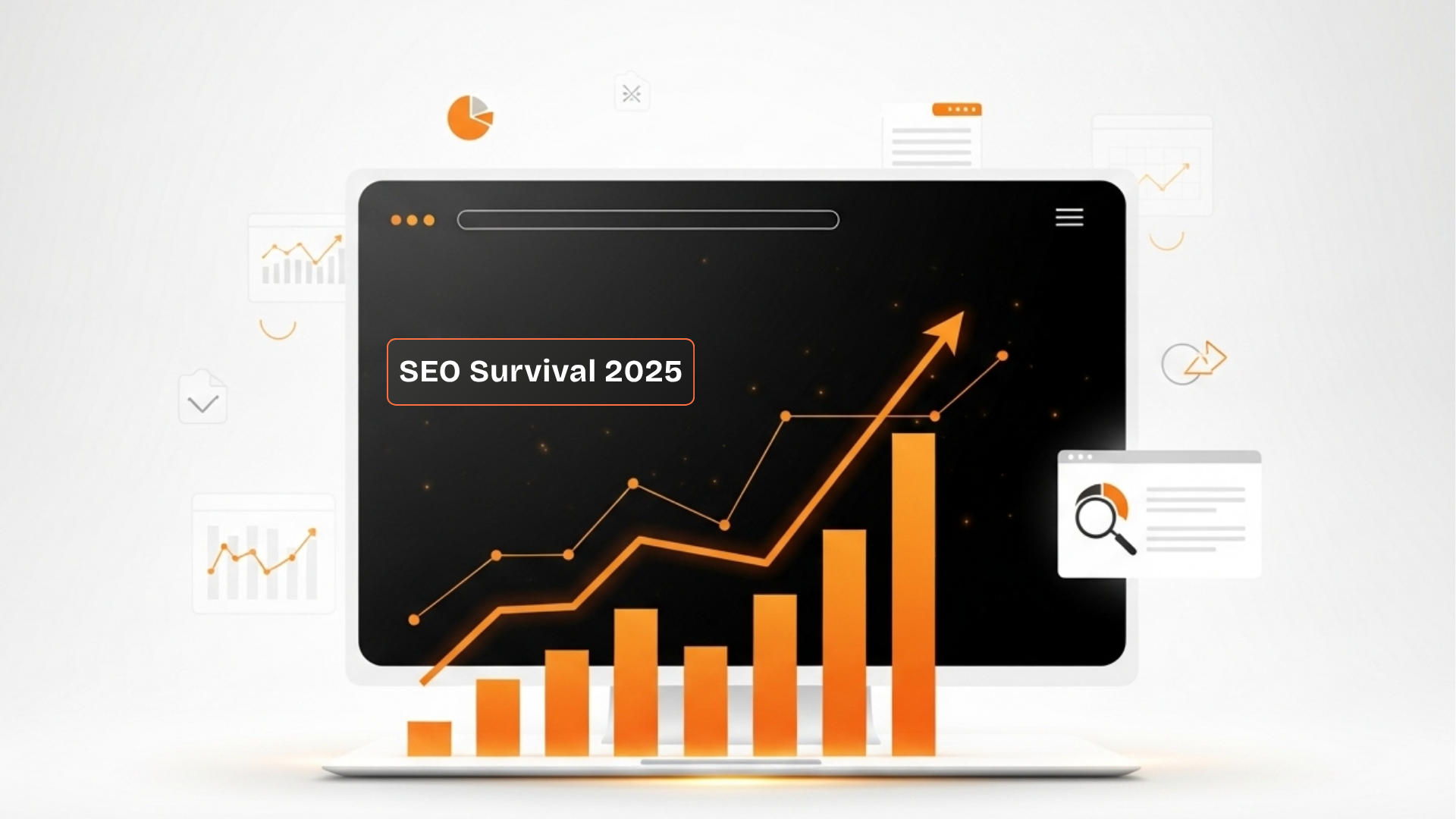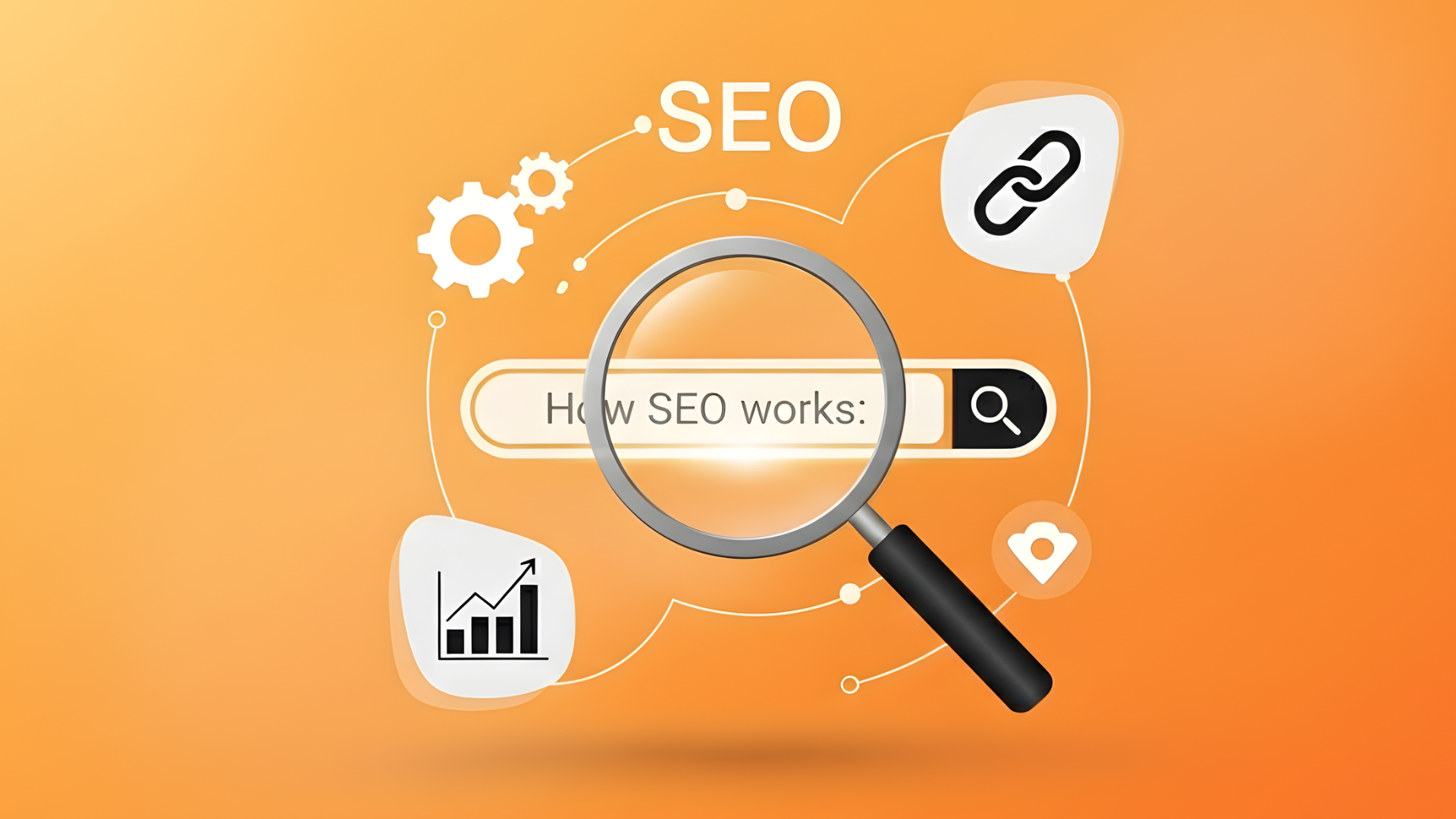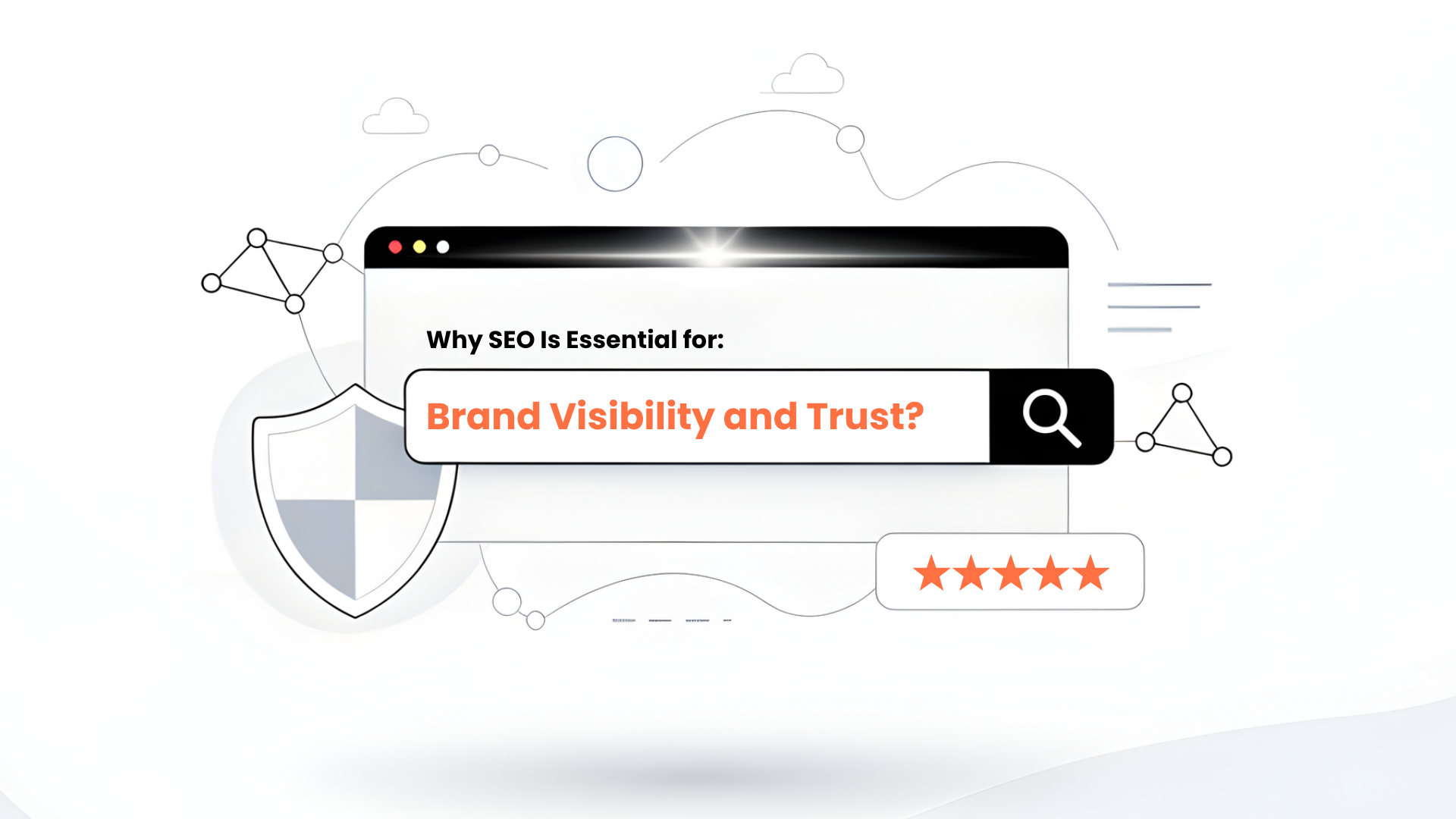It’s no secret that SEO has become the backbone of modern digital growth, but most businesses still underestimate its full power. They think SEO is just about ranking higher on Google, chasing keywords, or fixing a few website issues. In reality, SEO influences three pillars every brand cares about: rankings, reputation, and revenue. These aren’t optional outcomes; they’re the core indicators of whether a business will grow, stay stagnant, or disappear in a competitive digital landscape.
The truth is simple: in 2025, consumers don’t just want a product or service; they want a brand they can trust. And the first place they look for that trust is search. SEO determines whether your brand shows up in the right places, earns authority, and attracts customers who already have high intent. This blog breaks down the undeniable SEO benefits that directly impact visibility, credibility, and revenue, the three things no business can afford to ignore.
Why SEO Still Matters in 2025?

The digital world has changed dramatically. Paid ads are more expensive than ever, social media reach is unpredictable, and AI-driven answer engines are replacing many traditional search results. Despite all this noise, SEO remains the only channel that consistently drives long-term, compounding visibility.
Google, Maps, AI summaries, Featured Snippets, and “People Also Ask” boxes are still where consumers make decisions. SEO ensures your brand appears across all these surfaces. Even as algorithms evolve, one truth stays constant: search intent never disappears. People will always search, compare, read, and validate, and SEO positions you at the center of that journey.
The Core Ranking Benefits Every Business Needs
Ranking on Page 1 is still one of the biggest competitive advantages a brand can have. High rankings give your business more impressions, more clicks, and more opportunities to turn strangers into customers. But modern SEO rankings aren’t limited to blue links anymore; they include map results, snippets, FAQs, videos, images, and AI-driven responses.
When your brand appears in multiple positions for multiple keywords, you dominate the search landscape. This visibility reinforces authority. And when customers see your business again and again, they naturally begin to trust you over brands that appear only once, or not at all.
SEO Improves Search Relevance & User Intent Matching
The biggest hidden benefit of SEO is how it aligns what you offer with what people are actively searching for. Every keyword carries intent: informational, commercial, transactional, and SEO helps position your website exactly where users are in their decision-making journey.
By targeting search intent properly, you ensure your content answers real questions, eliminates friction, and guides users toward action. Relevance improves rankings, but it also boosts conversions. When users feel your content “gets them,” trust forms instantly.
Why SEO Builds Trust Automatically?

Trust is not built through design alone; it’s built through visibility and credibility. Users inherently trust organic search results more than ads because they see them as earned, not purchased. SEO forces your brand to demonstrate expertise through content depth, reviews, citations, and overall digital presence.
Google’s E-E-A-T (Experience, Expertise, Authoritativeness, Trustworthiness) framework directly influences how your brand is perceived. When your website offers valuable information, expert perspectives, and clear proof of credibility, customers feel safer choosing you. In today’s world, trust isn’t optional; it’s a ranking signal AND a revenue driver. SEO helps you build both.
Content as Your Authority Engine
Content is one of the most powerful trust-building tools a business can create. SEO-driven content, blogs, guides, comparisons, FAQs, resource pages- transform your website into a knowledge hub. When you consistently publish helpful, search-optimized content, your brand begins to dominate informational and commercial queries across your niche.
This positions you as the “go-to” source, not just a seller. Authority grows naturally when your content solves problems and explains topics clearly. And because SEO gives that content visibility, it becomes a long-term asset that keeps driving growth even years after publishing.
SEO + Local Reputation:
For local businesses, SEO is everything. Google Maps rankings, local citations, reviews, service-area keywords, and proximity-based results determine which businesses customers contact first. A well-optimized Google Business Profile with frequent updates, strong reviews, and accurate information builds instant trust. Customers rely on SEO signals like: Rating, Photos, Response times, Local mentions, and Verified details.
Local SEO helps you dominate your area, making your brand appear more reliable and established than competitors who neglect optimization.
Why SEO Outperforms Ads Long-Term?
While paid ads can produce quick bursts of traffic, SEO generates long-term, compounding revenue. It reduces your customer acquisition costs (CAC), increases conversion rates, and provides consistent traffic without relying on a daily budget. SEO attracts users who are already searching for solutions, which means their intent is higher.
These visitors convert at a better rate and tend to return because they discovered you organically. This creates a revenue flywheel: more content → more visibility → more trust → more sales → more brand authority → more rankings. No paid campaign can match that compounding effect.
SEO Brings High-Intent Customers
Not every visitor is equal. SEO brings in users who are actively researching or ready to buy. Queries like: best accounting software, plumber near me, top digital marketing agency, Dermatologist reviews are from people who already know what they want.
SEO puts your brand directly in their path. And because these users come with a purpose, they convert faster, easier, and at higher rates than passive social visitors.
SEO Strengthens Brand Equity
There is a psychological phenomenon called “implied leadership.” When users see your brand appear for multiple searches, they assume you’re the top authority, even before clicking.
This perception builds brand equity, meaning customers remember your name, associate you with quality, and recommend you to others. SEO creates this equity by giving your brand repeated exposure, not through ads, but through genuine search relevance.
SEO Improves User Experience (UX)
Google rewards websites that deliver great user experiences. SEO encourages improvements like: Faster load times, Mobile responsiveness, Clear navigation, Better page structure, and Intuitive layouts.
These improvements don’t just help rankings; they directly impact how long users stay, what they click, and whether they buy. Good SEO forces you to improve the areas that also improve sales.
SEO as Long-Term Digital Insurance
Every brand needs digital insurance, protection from reputation issues, misinformation, or bad press. SEO helps control what shows on Page 1 when customers search your company name.
By ranking your main site, social profiles, reviews, articles, and content pieces, you prevent. negative or irrelevant content from gaining visibility. SEO gives your brand control over its digital narrative.
How Long Does SEO Take?
SEO isn’t instant, but it is reliable.
Weeks 1–4: Indexing + initial impressions
Weeks 4–8: Ranking shifts on long-tail keywords
3–6 months: Stable visibility + first revenue jumps
6–12 months: Compounding ROI + authority
The longer you invest, the stronger the results. SEO is slow at first, then unstoppable.
Conclusion:
At the end of the day, SEO isn’t just about getting more clicks or ranking higher than your competitors; it’s about shaping how your brand is perceived every single time someone searches for something you offer. A strong SEO strategy makes you visible when it matters, credible when it counts, and profitable when opportunities arise. These aren’t small advantages; they’re the difference between a brand that thrives in a competitive market and one that gets buried under competitors who simply understand search behavior better.
SEO strengthens your brand’s presence across the entire digital ecosystem, including Google, Maps, reviews, snippets, FAQs, and even AI-driven search tools. This presence builds a quiet but powerful trust. When customers repeatedly see your business answering questions, ranking across multiple keywords, and showing up in trusted positions, they begin to see you as the obvious industry leader. And once trust is established, conversions become natural and predictable. Revenue isn’t an accident; it’s a result of visibility and reputation working together. SEO connects these two forces and compacts them into a system that compounds over time. It’s the one marketing channel that becomes stronger every month you invest in it.
How does SEO improve my website’s rankings?
Does SEO really affect brand reputation?
Can SEO help increase my revenue?
How long does it take to see the revenue impact of SEO?
What types of businesses benefit most from SEO?

